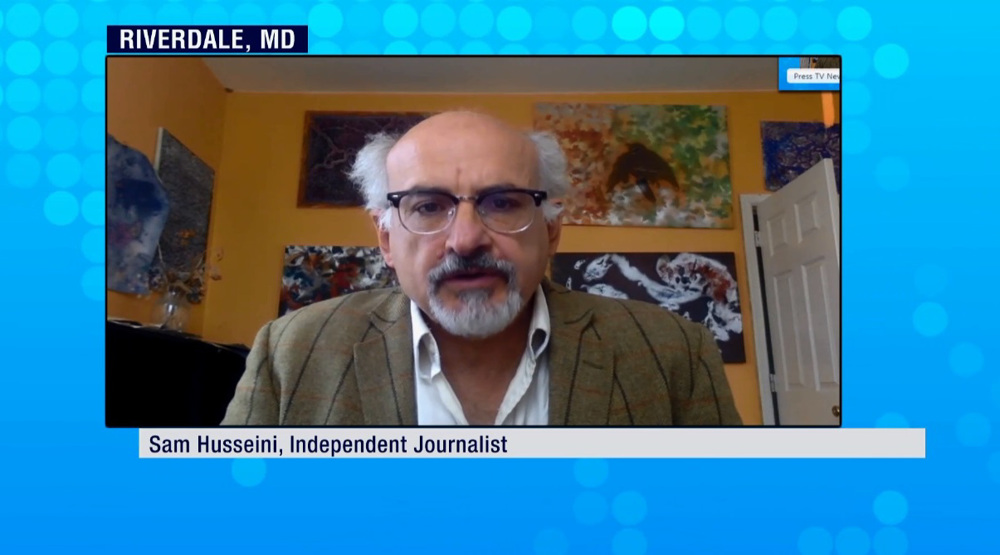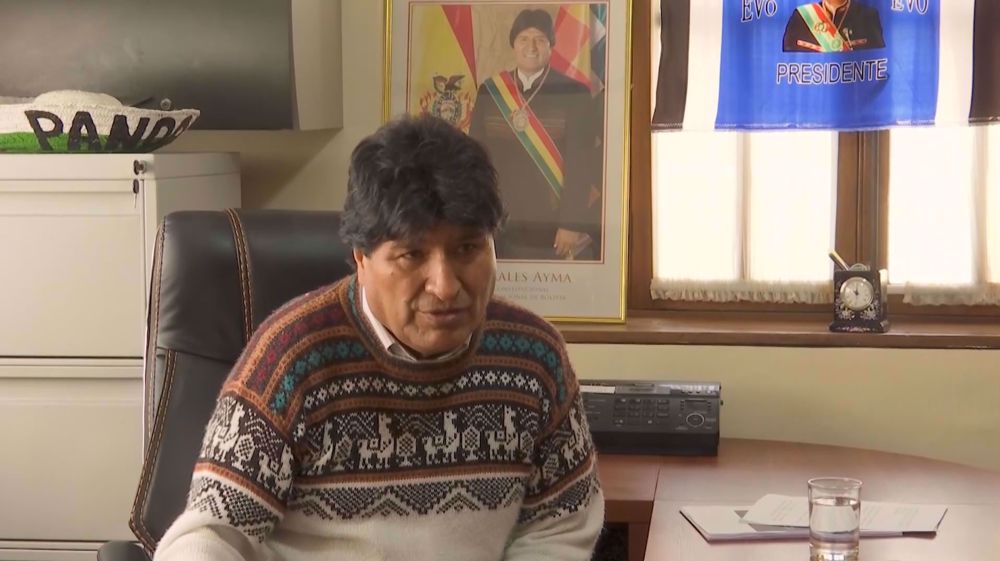Netanyahu in no-win game against Iran: Analyst
Press TV has conducted an interview with Kaveh Afrasiabi, author and political scientist from Boston, to get his take on Israeli Prime Minister Benjamin Netanyahu's negative stance on the recent nuclear conclusion between Iran and the P5+1 countries - the US, the UK, France, China, Russia and Germany.
The following is a rough transcription of the interview.
Press TV: Will Netanyahu heed this call?
Afrasiabi: I doubt it. He has cornered himself with his narrow-minded warmongering rhetoric against Iran. And it is virtually impossible for him, politically speaking, to reverse himself and endorse a nuclear agreement that he has lambasted from day one. So, this latest gesture by the former Israeli spy masters and generals reflects a growing crack within the Israeli political and military establishment to the detriment of Mr. Netanyahu and his coalition right-wing government that has alienated Washington that has isolated Israel in the international community, because the vast majority of the international community solidly backs this nuclear deal because it’s a good balanced deal that reflects the interest and concerns of all sites. And Mr. Netanyahu is basically in a no-win position. And so, the short answer to your question is ‘No’ and he will lose political capital as a result of it.
Press TV: Speaking of losing political capital, how do you see this stubborn stance of Netanyahu backfiring both internationally and domestically?
Afrasiabi: Well, domestically, if you recall the March election brought a weak coalition government that was reflected in fact that Mr. Netanyahu’s Likud Party received only some 30 seats from the 120-seat Knesset. And so, it has formed coalition with these other right-wing parties, some of whom are adamantly opposed there are to the right of Mr. Netanyahu on this nuclear deal, calling the way Syria’s existential threat to Israel. And by the way, some half of the Israeli public opinion doesn’t share that sentiment and is roughly divided fifty-fifty. So, there’s deep division within the Israeli society itself that reflects itself in the political parties and groups that are haggling over what to do with this and the prospect for the future of Israel-US relations. So, internationally, I think it’s even of a bigger predicament for Mr. Netanyahu, because as this petition by these people, former officials, has rightly says the nuclear deal’s basically a fait accompli. And many people even in the US Congress have realized that there are turning against the tide and it’s a remedy too late.
Press TV: And very quickly if you can, Mr. Afrasiabi, one place where Netanyahu’s sentiments are being echoed are among the Republicans hopefuls, who want to be the nominees for the presidential election. Now, how dangerous do you think that trend is?
Afrasiabi: I don’t think it’s very dangerous, because first of all, the Republican Party with its so many candidates is a party in crisis. It doesn’t have a firm leadership and this splinted into so many groups and this kind of individualistic campaign by these right-wing politicians reflects the weakened Republican Party that in my opinion has a very dim chance at the coming presidential elections. So, the various candidates that are trying to fish from the muddy water have a way short political life spanning in my opinion. And they will not make it through the entire field. So, we have to wait and see of course. And there’s a degree of uncertainty about the American politics, but I’m fairly certain that the more mainstream Republican candidates will gain the upper hand.
VIDEO | US continues starving Syrians, stealing their resources
Yemeni forces strike Israeli ship, Port of Eilat in solidarity with Gaza
Columbia, Yale students bent on ending US support for Israeli genocide
VIDEO | Genocide in Gaza
Iran calls on BRICS to play role in stopping Israeli crimes
President Raeisi’s historic visit opens new chapter in Iran-Pakistan ties
Russia: Poland’s talks on hosting US nuclear weapons ‘dangerous’
VIDEO | Israel’s genocide bounty









 This makes it easy to access the Press TV website
This makes it easy to access the Press TV website